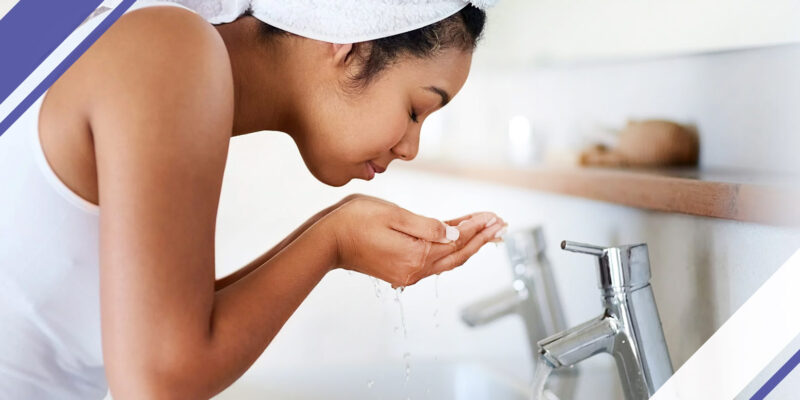Hard water doesn’t just leave that nasty crusting along the ends of your pipes and faucets, it can also have a detrimental effect on your skin and on your health overall. The mineral deposits it leaves – a combination of dissolved calcium, magnesium and other elements – build up on your skin as soap scum, a hard-to-wash-off residue that clogs your pores in much the same way it clogs pipes. This can prevent your body’s natural oils from being released, resulting in build ups and blemishes such as zits and acne, as well as more advanced skin conditions such as eczema and breakouts. It also prevents soap from forming a sudsy lather, reducing the overall cleaning effectiveness of soap.
Due to the backup of oils not being distributed across your skin, this can also result in severe dryness; washing your hair regularly in hard water can lead to flaking, dandruff and an itchy scalp, as well as a dullness to your hair’s appearance. Along with dry skin, the absence of oils on the skin’s surface can increase the appearance of wrinkles and lines, resulting in the appearance of premature aging.
So what can you do to prevent this? Soap-free cleansers can help prevent the buildup of soap scum, and skin moisturizers will offset some of the damage brought on by skin dryness. However,
for longer-term improvement water softeners will help significantly, as they are designed specifically to prevent these minerals from entering your water supply; water filtration systems can do the job as well, filtering out the calcium and magnesium along with a whole host of other impurities such as water-based bacteria.


